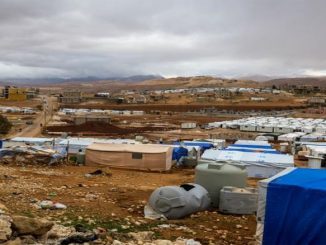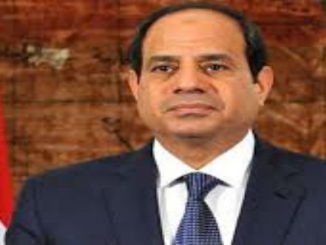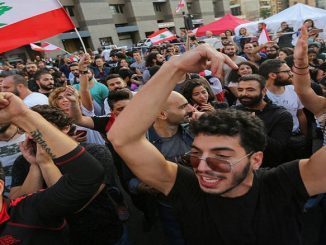
Lebanon holds elections, with a likely loss of parliament majority by Hezbollah and its allied parties, according to early reports.
The preliminary results from Lebanon’s parliamentary election suggest allies of the Iran-backed Hezbollah have lost parliament majority.
On May 15, Lebanon held its first elections since a debilitating economic crisis devastated the country and a massive explosion tore through sections of Beirut.
While the results have yet to be finalized, early reporting indicated that Hezbollah and its allied parties might lose their majority in parliament.
Independent, civil society candidates had a strong showing, winning at least 10 seats.
The Christian, Saudi-backed Lebanese Forces party also made significant gains, picking up an additional five seats since the last elections in 2018.
It appears that no one bloc will hold a majority in parliament, which analysts worry may lead to an even more fractured and paralyzed body. As its first task, the new parliament will have to select a prime minister.
Voter turnout in the country was around 41 percent, a drop from 2018’s 49 percent. However, registration to vote amongst diaspora communities more than doubled since the last election as more than 300,000 people fled Lebanon in the last three years.
Human Rights Watch noted that people with disabilities—who make up 10 to 15 percent of Lebanon’s population—may have struggled to vote due to inaccessible polling stations.
Additionally, the Lebanese Association for Democratic Elections reported several election integrity violations, including threats and harassment against voters.
In a May 11 report, UN Special Rapporteur on extreme poverty and human rights Olivier De Schutter said that Lebanon’s government and central bank were responsible for “forcing most of the country’s population into poverty, in violation of international human rights law.”
In the report, De Schutter writes that the country’s economic crisis—one of the world’s worst in 150 years—was “entirely avoidable,” highlighting that political leaders knew for years about the looming problems but “willfully ignored” the warnings.
De Schutter urged any government established after elections to prioritize the issues that led to the crisis, noting, “Impunity, corruption, and structural inequality have been baked into a venal political and economic system designed to fail those at the bottom, but it doesn’t have to be that way.”
Separately, a delegation of the UN Subcommittee on Prevention of Torture concluded its visit to Lebanon, saying that few of its recommendations on torture prevention had been implemented and citing concerns about “prolonged pre-trial detention, overcrowding and deplorable living conditions” in Lebanese prisons.



